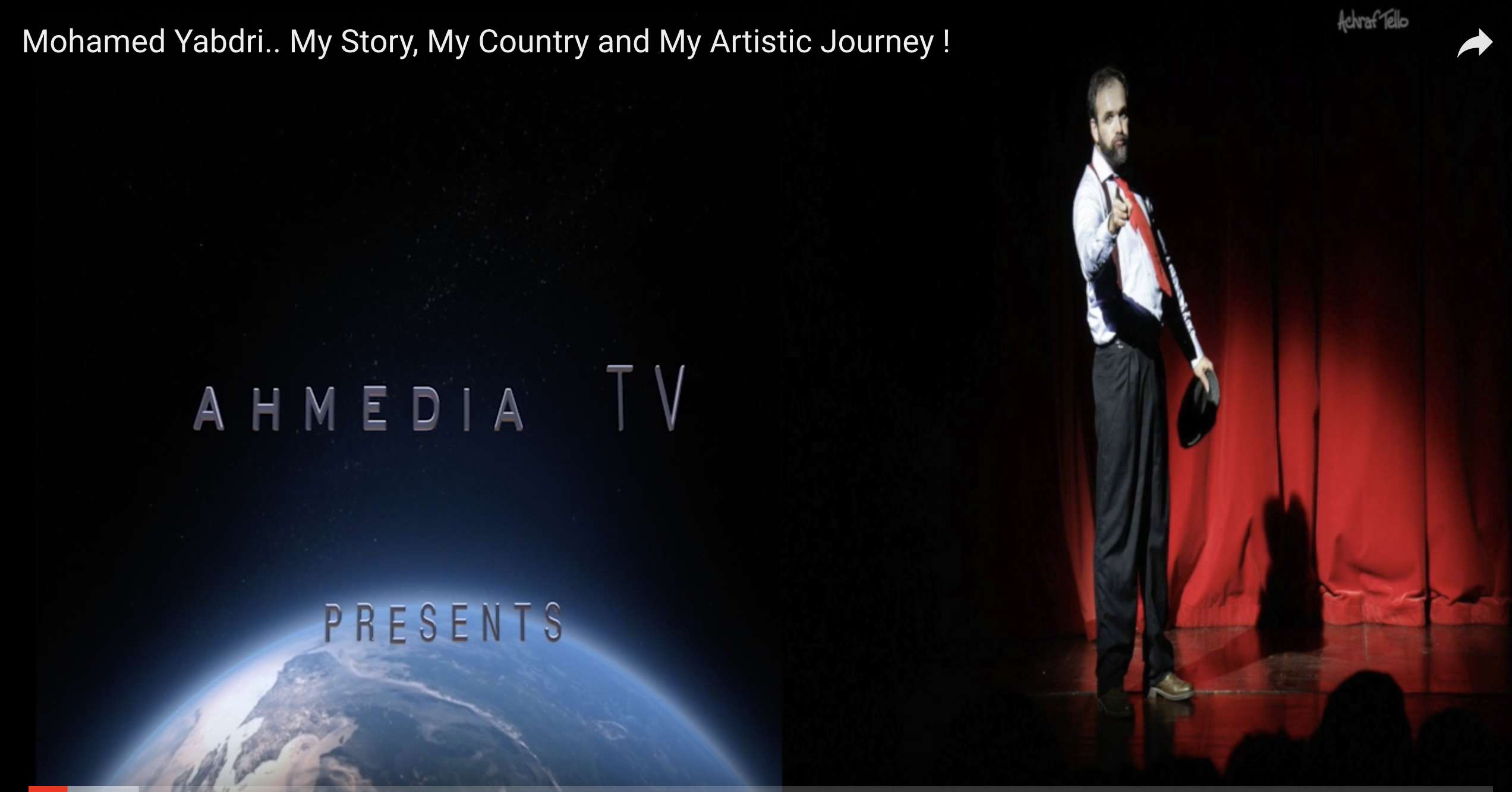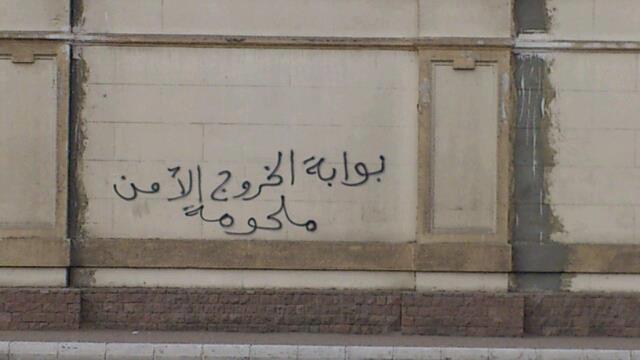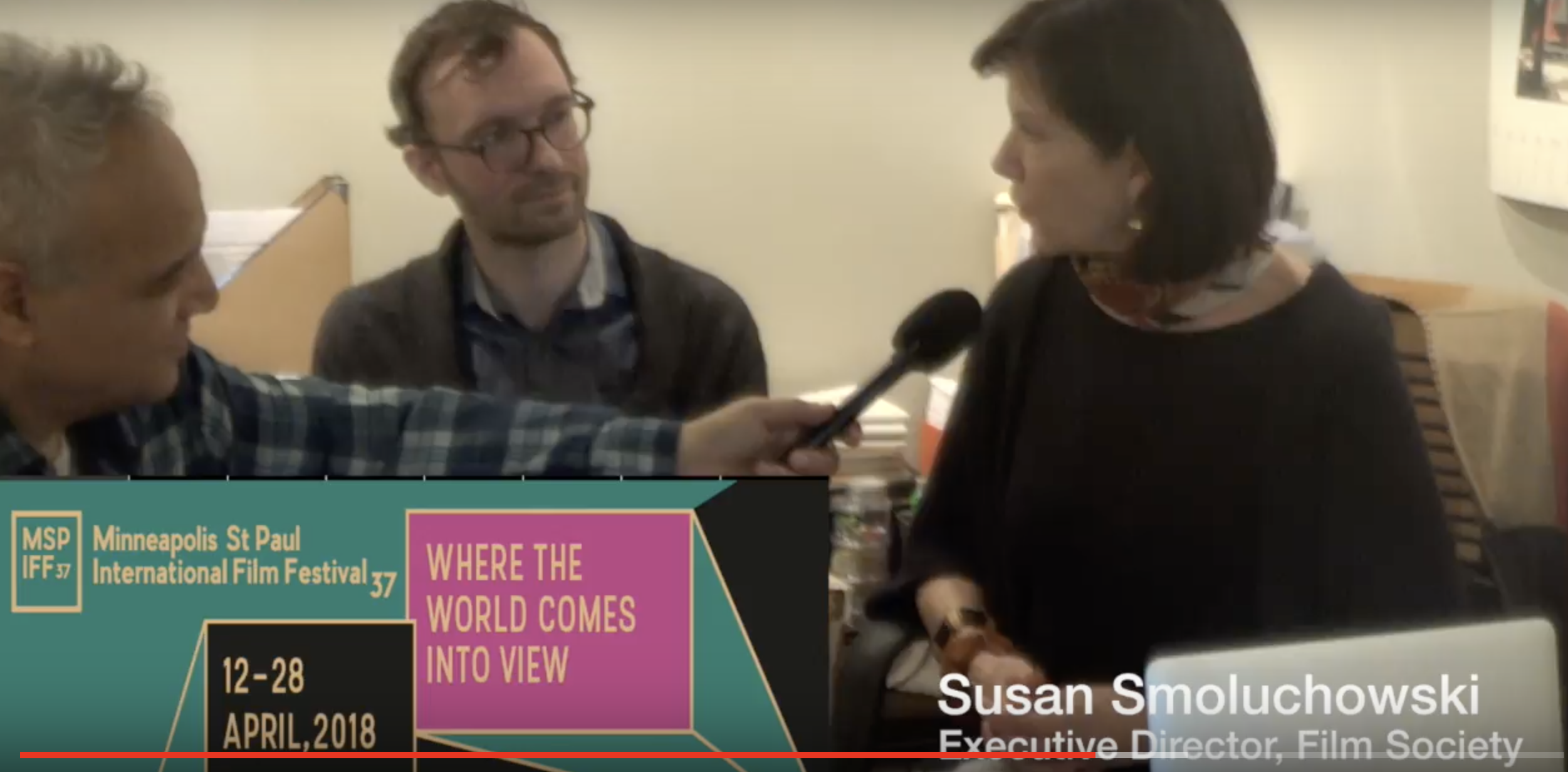Standing at Garden of Eden Islamic Cemetery, located in a remote corner of a Christian cemetery in Burnsville, Minnesota mourning the death of one our friends, I couldn’t help reflecting how Muslims in the United States, unlike European Muslims who usually live in isolated “ghettos”, are free to choose where they want to live, and actually do, however, when a Muslim dies in the U.S. there is only one choice: the Muslim “ghetto” cemetery located inside a remote section of an existing Christian cemetery.
I never understood the religious proximity taboo between the Muslim and Christian dead, and no amount of interfaith dialogue could bring the dead ones together; it is hard to argue that much when you are dead.
I remembered to more than 40 years back the one Coptic-Christian family grave in the heart of my primarily Muslim village cemetery in Meet Swaid, Egypt. We never questioned it, and we never thought of as something peculiar or unusual.
So what is the story of this Coptic family? How did they live as a minority in my small village?
As a hyphenated Muslim American living in the US, I wondered how it would be as a Christian living in a majority Muslim village. After all the years since I left my village, I decided to go back to find out more about the history of this Christian family and why my village was immune from the rift between Coptic and Muslims that periodically surfaced on the Egyptian scene, especially in upper Egypt. I took my camera and decided to find out the story of the Coptic grave in my village cemetery.
Driving along the freeway through the heart of the Nile delta, the road was surrounded by massive orange orchards with fruit peddlers lining the road. They dotted the neglected freeway side with a burst of color displaying their oranges and tangerines in shapes of pyramids ambivalent to the ominous piles of trash everywhere you looked
When I arrived to my village, it was evident that much has changed since I left it 40 years ago—people seemed to have moved on and it was becoming more of a crowded town. As I remember it, my village was a small, unassuming place in the Egyptian Nile delta. Many people’s lifestyles hadn’t changed that much since the time of the pharaohs, and local demographers couldn’t find any dramatic census changes for a long time.
Before CNN and Al Jazeera, villagers lived the simple life of a farming community, and their interest in the outside world went only as far as the edge of their fields. The men left with their animals for work at dawn and came back at dusk, while their wives stayed home, busy preparing hearty meals and raising kids to work in the farm as soon as they mastered their first step.
People consulted the same tailor or seamstress, prayed at the same mosque, celebrated the same holidays, eat the same food, and for generations, villagers kept the gene pool very much confined to the area’s families. But I was interested to know more about that Coptic family among us and how they lived within the village dynamic.
I found the Christian family’s lifestyle peculiar and intriguing—in fact, it was a breath of fresh air to invigorate the monotonous village life. Unlike other villagers who worked on the farm, the Christian family was still “in the hunting-and-gathering age, making their living chasing wild wolves lurking on the village outskirts,” explained, Hajj Abdullah, a village elder .
“The Coptic family would drag the dead wolf around in the streets for show-and-tell, describing the grave danger they had just faced and the heroic adventure they had encountered, and earned them considerable admiration from villagers,” Abdullah added.
“I never thought of them as Christian or Coptic, just my neighbor,” my brother Abdel Rafaa said.
Growing up in my village, I liked to spend time with Sameer Kariaquos, one of the Coptic brothers, known simply as ‘the Coptic.’ Although I had the privilege and perks that came with being of the majority religion, my alliance with him was personal, and possibly resulting from our both being somewhat social outcasts by most other villagers.
Both of our families had chosen a career other than farming. My family members were the educators who ran the only village elementary school for years, and his were hunters. Sameer was in my class, and I always envied him for being a Coptic during our religion class; he was free to choose, stay or leave to the playground. I wished I could, too, sparing myself the abuse of our religion teacher. Besides his great personality, Sameer had a unique skill: he was a sharp shooter, exceptionally good at using the BB gun and I was good at using the slingshot. In the summer, hunting small birds was our pastime. We both left the village early in the morning and spent the whole day roaming the field hunting for these “asafeer”, or sparrows. The solitude of the field greenery and the empty roads gave us the emotional space to be close and good buddies; we talked about anything, kissing girls and other dreams.
But one day, Sameer’s father suddenly died and neither his family nor the rest of the village was prepared for planning his burial.
Although the cultural tradition of the Muslim villagers accommodated the Coptic family, the religious burial traditions were not flexible enough to accommodate the mixing of their dead in the same cemetery.
My Uncle Abd Elhafeez had told me that the Kariaquos family wanted to bury their father at the Coptic Cemetery, much farther from the city, though customary among Copts. However before he died, the father asked my uncle to be buried in the Muslim cemetery, and while there was initial hesitation from the villagers, my uncle honored the request.
My family was not known for religious zealotry, but for kindness and generosity.
“If the Coptic family had lived in peace with the rest of us all these years without any trouble, there shouldn’t be much trouble while they were dead,” my uncle said. My brother Nasser mentioned that our family didn’t consult anyone in the village on this, and the burial ceremony was completed quietly in my family cemetery grave.
Now, after all these years, like every Muslim grave, his does not bear any religious symbol, just his family name, date of birth and death: “Kariaquos, Born 1911, Died 1962.”
What is so amazing today is that with all the rifts between Christians and Muslims, and Islam and the West, and also periodic flair ups between Egyptian Copts and Muslims, this has never translated into any hostility toward the Coptic family grave; no act of defacing or graffiti on the unfenced Coptic grave can be found, which is remarkable in the age of the internet and global village and religious fundamentalism.
All those years ago, in my village, Muslims and Copts had lived together and died together in peace and harmony.
As my brother Abdel Rafaa put it, “No diversity programs were required, no axis of evil was declared, and no crusade or jihad was launched.”


